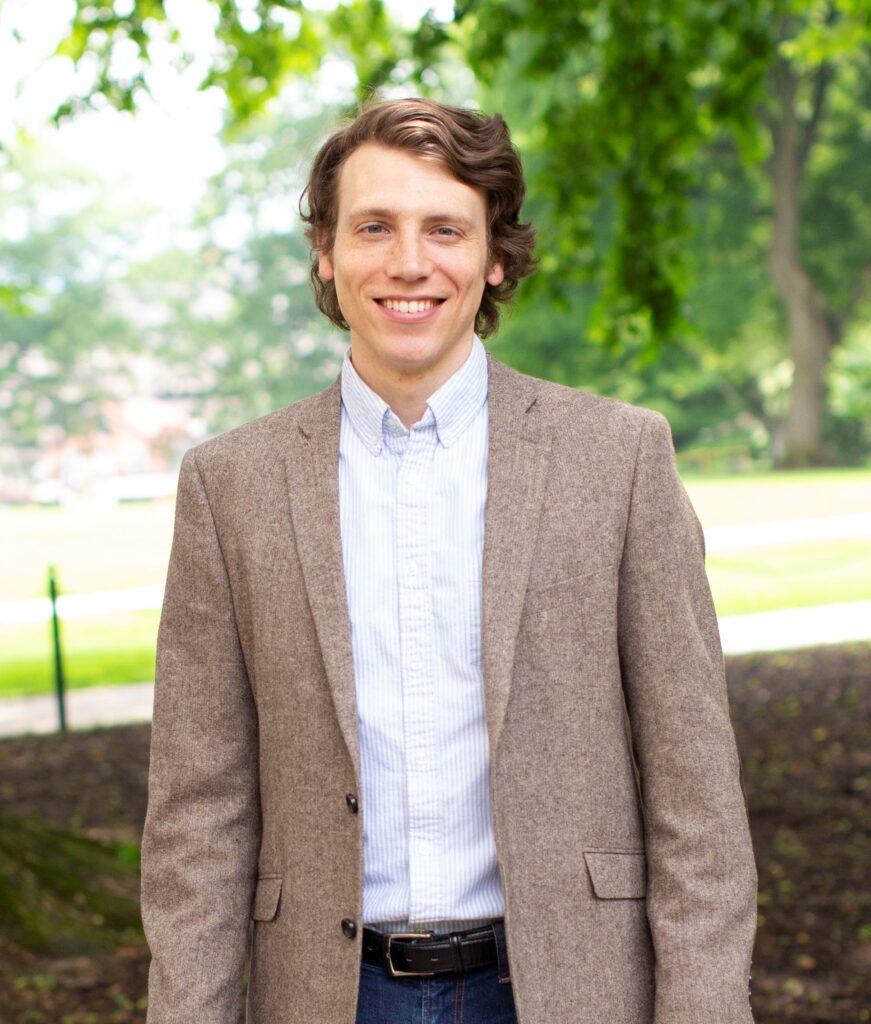Biography
Curry Kennedy joined the English Faculty in 2023. His work focuses on religious rhetorical imaginaries, especially in the early modern period.
His current book project, "Grace and Skill: Religion and the Arts of Language in Early Modern England" tells the story of a rhetorical spirituality that suffused and shaped linguistic training from ca. 1500 to 1650. "Grace and Skill" explores the promise and perils of fusing piety and persuasion, holiness and humanitas, the quest for godliness and the pursuit of eloquence. Chapters examine the connections between the rite of confirmation and the acquisition of literacy, the imitation of Christ and the practice of stylistic abundance, piety and preacher training at Cambridge, and skilled listening and devout hearing in the period's "art of hearing" literature.
Curry is an At-Large member of the Steering Committee for the American Society for the History of Rhetoric, where he develops initiatives and resources for teaching rhetorical history. He is also the discipline representative in rhetoric for the Renaissance Society of America. In 2025, Curry was nominated to join the council of the International Society for the History of Rhetoric. At Texas A&M, Curry is a faculty fellow for the Honors Academy, where he teaches readings about Respect, Excellence, and Leadership.
Research Interests
- rhetorical education
- rhetoric and religion
- the history of rhetoric
- renaissance humanism
- the history of writing instruction, style, and folly
Areas of Specialty
- Early Modern Studies
- Religion
- Rhetoric
Educational Background
- M.A. and Ph.D. Penn State University (2021)
- B.A. English, Creative Writing, University of Arkansas (2015)
Selected Publications
- Depression and Drama in Augustine of Hippo's Rhetorical Imaginary," Rhetoric Society Quarterly 54.2, 2024, 142-154.
- “Living the Vita Copiosa: Erasmus’s De duplici copia and the Presence of the Protean Jesus at St. Paul’s School,” Journal for the History of Rhetoric 24.2, 2021, pp. 117-139.
- “‘Not Instruction, but Provocation’: Clarity, the Divinity School Controversy,
and Emerson’s Rhetorical Imaginary of Provocative Obscurity,” College English 82.4, 2020, pp. 381-409.
-
“Milton’s Ethos, English Nationhood, and the Fast-Day Tradition in Areopagitica,” Studies in Philology 116.2, 2019, pp. 375-400.

